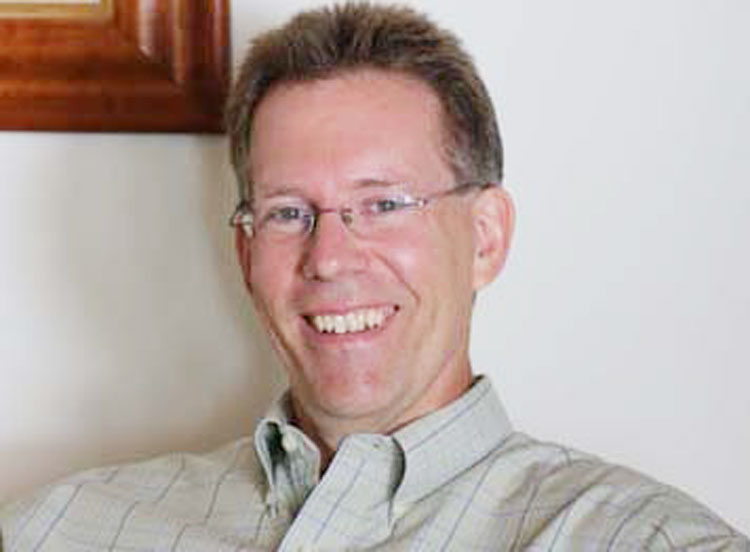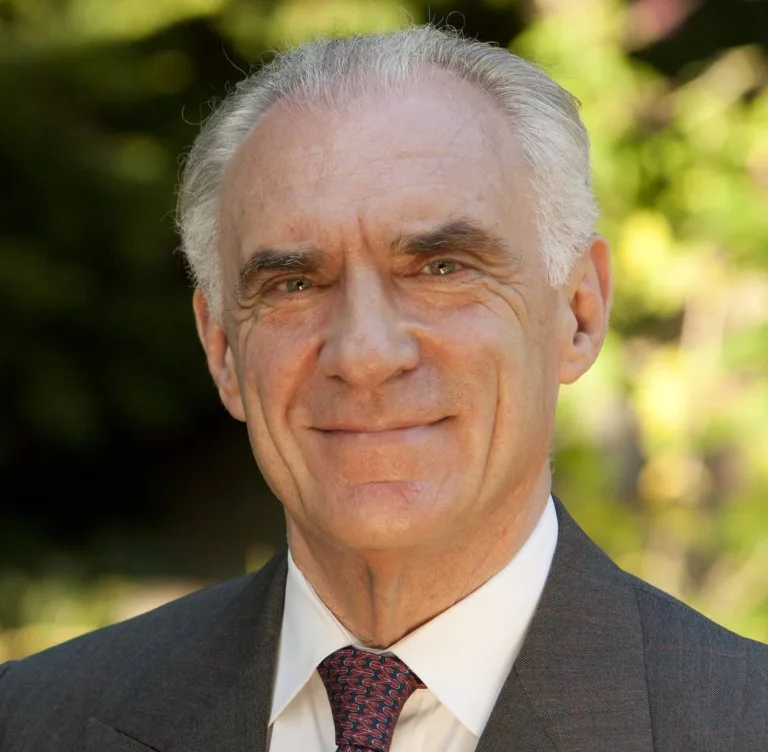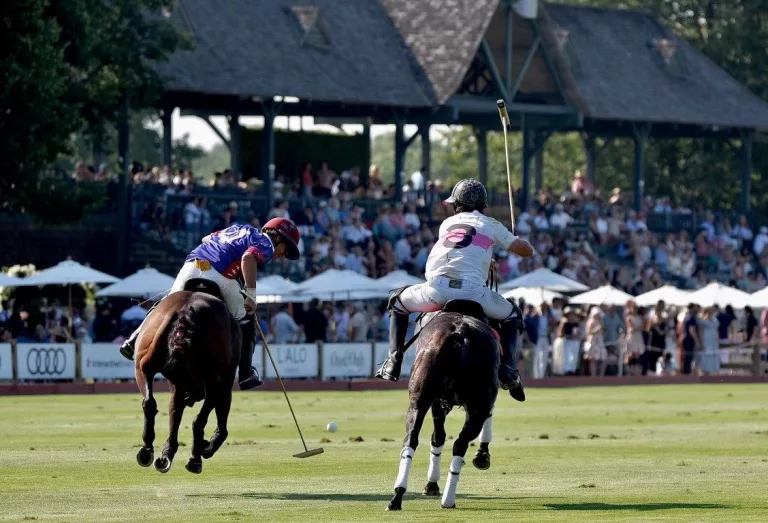By The Rev. Marek Zabriskie
A few weeks before Easter, I saw a sign out in front of a restaurant, which read, “Do you have your Easter reservations?” I said to myself, “Plenty!” From time to time, we all have our doubts.
There is, after all, much in our world that seems sadly un-resurrected like the tragedy unfolding in Ukraine. Flannery O’Connor said there was “no suffering greater than what is caused by the doubts of those who want to believe,” but she discovered by experience that these spiritual torments are “the process by which faith is deepened.”
Doubt is a prelude to enlightenment. No wonder Fyodor Dostoevsky said, “My hosannas have been forged in the crucible of doubt.” But too much doubt can be corrosive. To doubt all institutions, leaders, or people will cripple us. Bertrand Russell said that the major problem with the world is that “the stupid are cocksure while the intelligent are full of doubt.”
We should not be embarrassed about our questions and doubts for the opposite of faith is not doubt, but certainty. Faith always contains within it an element of risk and uncertainty.
All of our relationships are based on faith. We cannot prove to our spouses and children that we will forever be faithful and love them. They must trust us, and we must trust them. The Rev. Jay Sidebotham, an Episcopal priest and writer, notes:
We need to do the spiritual work, to not only express our doubts but to
take ownership of the journey, and explore these issues, especially those
issues that are most vexing. We need to ask God to show us the pathway
to deeper growth. We need to live deeply into the questions, and let them
guide us as we write our own theology and come to know something new
about God.
Paul Tillich in his classic book The Dynamics of Faith claims that faith is what happens when a finite being is “grasped by and turned to the infinite.” Because we are finite and human, we will always be limited in our understanding of the mystery that we call God. We will only know in part, but it is vital to quest and try, because an unquestioning faith is no faith at all for it reveals a lack of engagement with the infinite mystery that we call God.
Anselm said centuries ago, the spiritual journey is a matter of faith seeking understanding. Doubt is an essential quality in a healthy, growing relationship with God. There is an old Zen maxim: Great doubt: great awakening. Little doubt: little awakening. No doubt: no awakening.”
Doubt is therefore a critical pathway to a deeper dive into discipleship. Frederick Buechner described “doubt” as “the ants in the pants of faith.” He wrote:
“We all want to be certain, we all want proof, but the kind of proof we tend
to want – scientifically or philosophically demonstrable proof that would
silence all doubts once and for all – would not in the long run… answer the
fearful depths of our need at all. For what we need to know… is not just
that God exists, not just that… there is a cosmic intelligence of some kind
that keeps the whole show going, but that there is a God right here in the
thick of our day-by-day lives… It is not objective proof of God’s existence
that we want but… the experience of God’s presence. That is the miracle
that we are really after. And that is also [says Buechner] the miracle that we
really get.”
Our faith is based on the sense that Jesus is present in our lives today. The Church is called a “community of faith,” but it’s a place where we ask the questions and wrestle with doubts. It’s no affront to God if we struggle to recite parts of the Nicene Creed. God is bigger than that.
The desire for certainty is deep, but the mystery of God is complex. The arrogance of conviction isn’t creative – whether it’s found in a politician, an economist, or a bishop. One of the things that I respect most about the Episcopal Church is that you don’t have to check your brain at the door. Questions are always welcomed and doubts are easily understood.
The psychologist and writer Rollo May wrote, “The most creative people neither ignore doubt or are paralyzed by it. They explore it, admit it, and act despite it… Commitment,” he notes, “is healthiest when it is not without doubt but in spite of it.”
Easter is not about certainties – it is rather about our struggles with doubt. Our Easter faith comes as a gift not discovered in solitude, but found in community just like the apostles who encountered the living Christ as they gathered in the Upper Room. The Church is a community of searchers looking for truth, not a band of unthinking blind followers. God invites us to question, wonder and explore.
A newspaper reported once asked the great theologian Karl Barth, “Professor, how do you know the Gospel is true?” Barth simply replied, “My mother told me.” It was a disarmingly simple answer from one of history’s greatest theologians. Barth spent a long and distinguished life asking important questions about God and struggling mightily to make faith his own. He questioned everything. In the end, it was in the context of community that he discovered the faith that eluded him.
In his 1939 Christmas broadcast to the Empire, King George VI read these memorable words by poet Minnie Louise Haskins:
“I said to the man that stood at the gate of the year: ‘Give me a light that I
may tread safely into the unknown.’ And he replied, ‘Go out into the darkness and put thine hand into the hand of God, that shall be to Thee better than light and safer than a known way.”
Faith is what allows us to reach across the boundaries of finitude and grasp the unseen hand that we trust will hold us forever.





